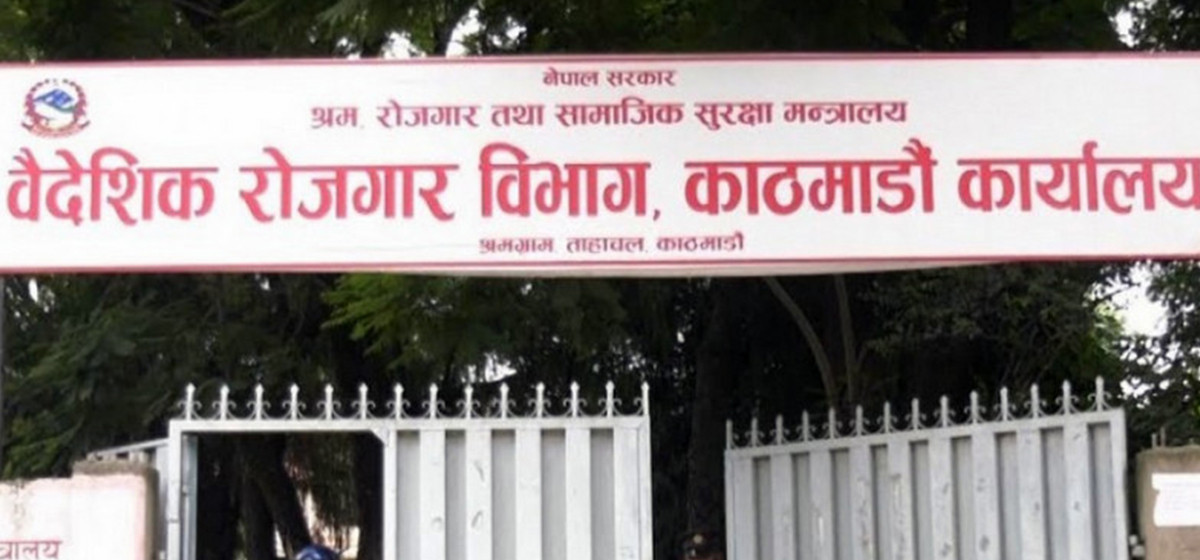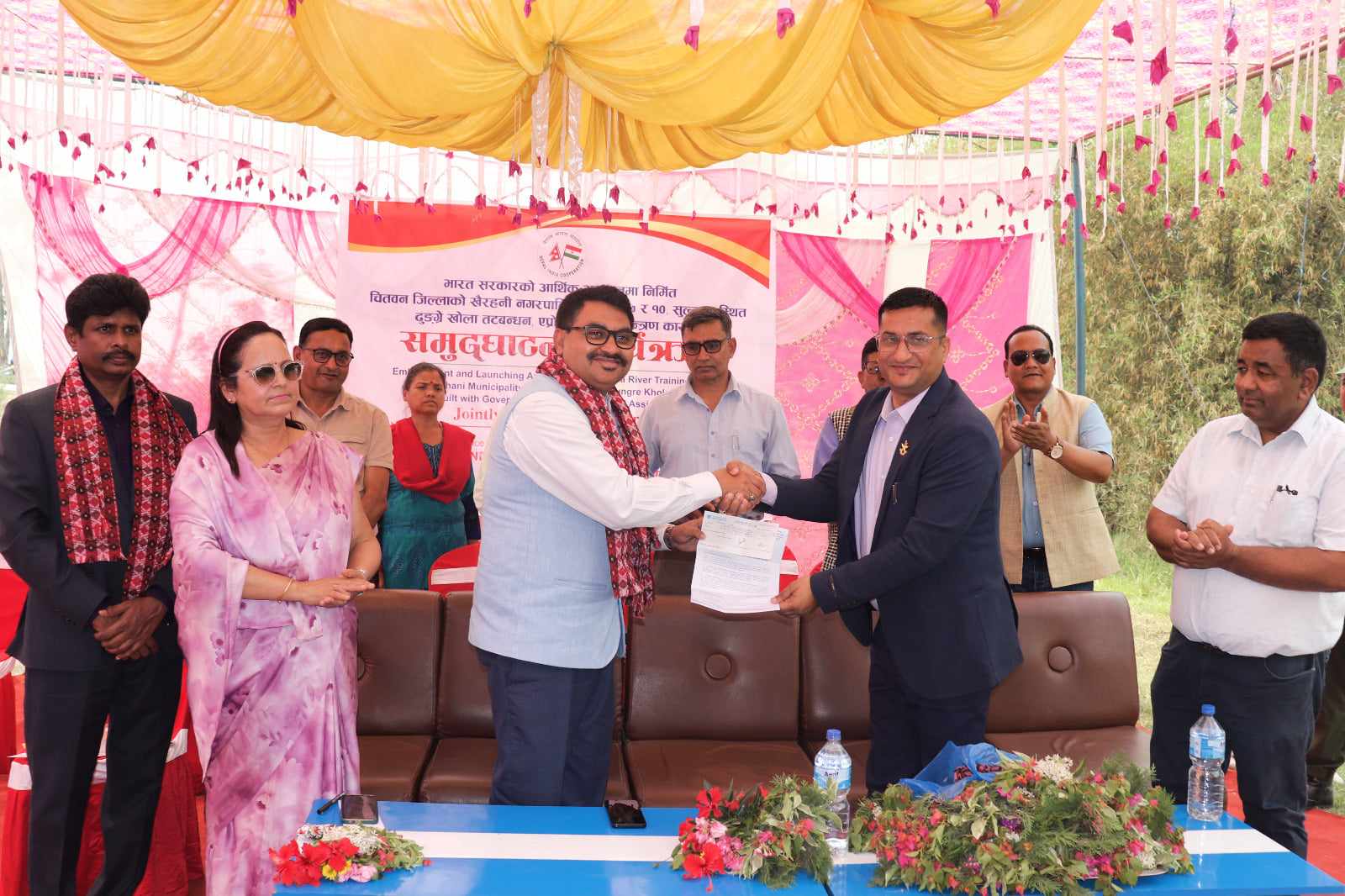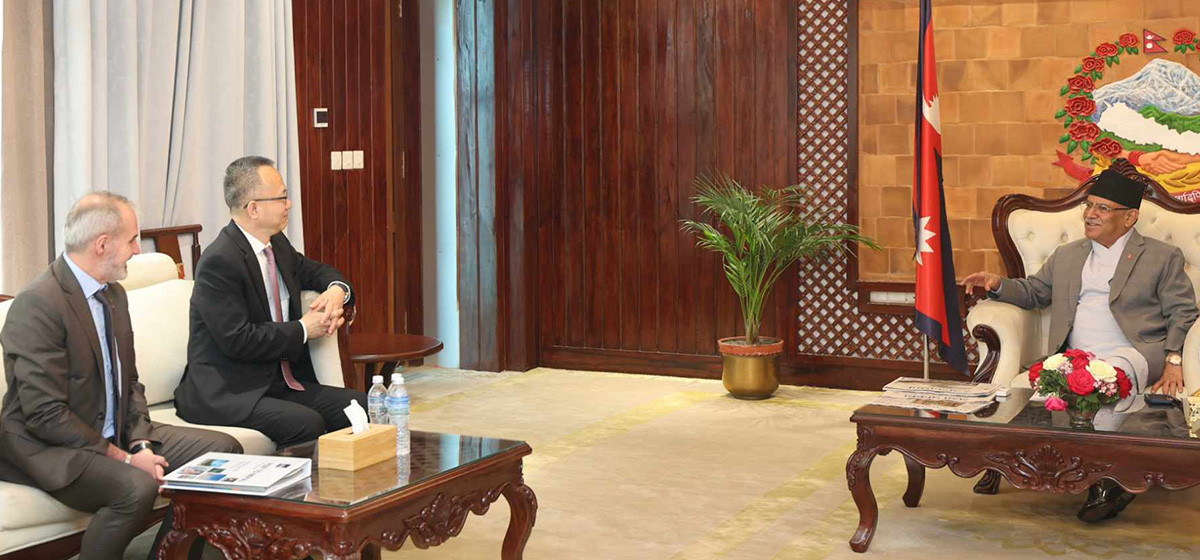
OR
KATHMANDU, April 6: Begum Hazrat Mahal, wife of Nawab Wajid Ali Shah of Oudh, is remembered as a true symbol of courage even 138 years after her demise.
She was one of the earliest female freedom fighters during the Sepoy Mutiny of 1857, which is known in India as the first war of independence.
Begum Hazrat Mahal took the responsibility for state affairs after the British annexed their territory and Nawab Wajid Ali Shah was exiled to Calcutta. She also showed great valor in the battlefield.
She placed her 14-year-old son on the throne of Oudh and fought bravely against the British. But she was forced to retreat after the British recaptured Oudh. Refusing any favors or allowances offered by the British, she chose asylum in Nepal. She breathed her last in Kathmandu in April 1879.
She and her loyal soldiers who accompanied her had to go through a lot of trouble to secure asylum in Nepal, which had friendly ties with the British. Nepal became her home away from home for the rest of her life. She left behind poetry reflecting her love and passion for her own country and its freedom.
to her great great granddaughters Dr Talat Fatima and Manzilat Fatima, Begum Hazrat Mahal had predicted in one of her poems that she would be buried in the country of the Himalayas. “Despite her struggles, Begum Hazrat didn’t want to inhale air intoxicated with slavery and that may be the main reason she sought asylum here,” said Dr Talat Fatima, who arrived in Kathmandu Thursday to mark her death anniversary on Friday.
family of Begum Hazrat Mahal feels indebted to Nepal and the Nepalis for providing her a safe haven where she could breath her last with freedom and honor, Dr Talat said. To remember this valiant lady on her death anniversary, a documentary on ‘Life of Begum Hazarat Mahal’ is being screened at Nepal-Bharat Library on Friday.
You May Like This

Valley Pollution Index for February 8, 2020
Valley Pollution Index for February 8, 2020 ... Read More...

Valley pollution levels for January 13, 2020
Valley pollution levels for January 13, 2020 ... Read More...






Just In
- DoFE requests relevant parties to provide essential facilities to foreign workers traveling abroad
- Foundation stone laid for building a school in Darchula with Indian financial assistance
- 151 projects to be showcased for FDI in Third Investment Summit
- Police disclose identity of seven individuals arrested with almost 2 kg gold and more than Rs 10 million in cash
- NIMSDAI Foundation collaborates with local govt for Lobuche Porter’s Accommodation Project
- Home Ministry directs recalling security personnel deployed for personal security against existing laws
- Fake Bhutanese refugee case: SC orders continued pre-trial detention for seven individuals including former DPM Rayamajhi
- ADB Vice-President Yang pays courtesy call on PM Dahal













Leave A Comment